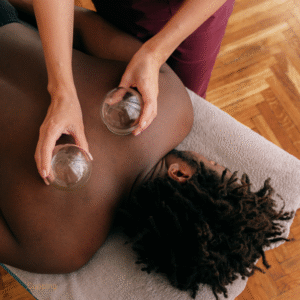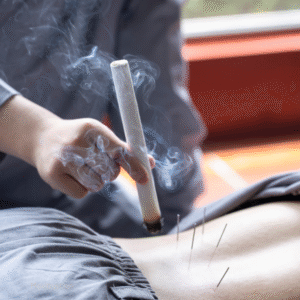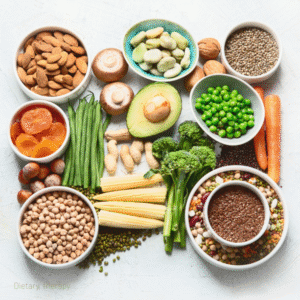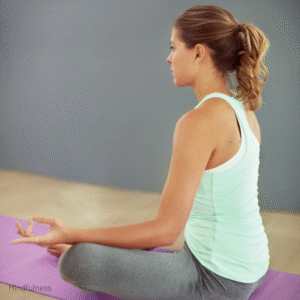
Benefits of traditional therapies
Traditional acupuncture has other tools, besides the needles. Cupping and gua sha are most known for their treatment of musculoskeletal conditions. Practitioners are trained in dietary therapy, and I have also certified in Contemplative Psychology and Chinese Herbal Medicine.
Cupping

Cupping creates suction on the skin using glass or plastic cups, drawing blood to specific areas to promote healing. This ancient technique helps reduce muscle tension, improve blood flow, enhance lymphatic drainage, and provide relief from chronic pain conditions. Athletes often use cupping for muscle recovery.
Gua sha

Gua sha involves gentle scraping of the skin with a smooth-edged instrument to promote blood circulation and release stagnant energy. This technique relieves muscle tension, reduces inflammation, and stimulates the immune system. Many people experience immediate relief from pain and stiffness after treatment.
Moxibustion

Moxibustion is a warming therapy that uses dried mugwort to stimulate acupuncture points. Whilst the needles move the ‘qi’ (vital energy) moxa nourishes it. It improves circulation, reduces inflammation, and balances energy flow throughout the body. Many find it particularly beneficial for chronic pain conditions, digestive disorders and fertility.
Dietary therapy

East Asian dietary therapy approaches food as medicine, tailoring nutrition recommendations to individual constitutions and health needs. This personalised approach focuses on balancing foods’ energetic properties to support optimal health and address specific conditions. By harmonising nutrition with your body’s needs, you can enhance digestion and overall wellbeing.
Herbal formulas

Chinese herbal medicine utilises complex formulations of plant substances to restore balance and support healing. These personalised remedies address the root causes of health issues rather than just symptoms. When prescribed by a qualified practitioner, herbal formulas help with diverse conditions from digestive issues to respiratory problems.
Mindfulness

Mindfulness practices cultivate present-moment awareness through meditation, breathing exercises, and body scanning techniques. Regular mindfulness practice may reduce stress, anxiety, and depression while improving focus, emotional regulation, and sleep quality. These benefits often extend to enhanced immune function and better relationships.